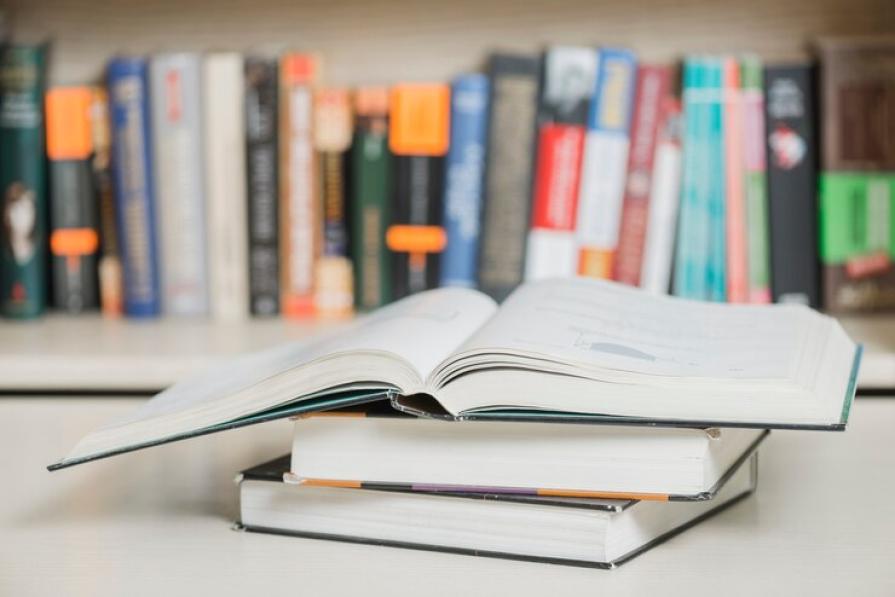Finland , a country that has long been considered one of the leaders in digital learning, is returning to classic paper textbooks. Why did Scandinavian country decide to make such an unexpected turn?
Back to the past
In the new school year, the students of the city of Riihimäki brought paper textbooks to the classroom for the first time in the last six years. This news was a real sensation, because Finland used to actively introduce digital technologies into the educational process! So why did this transition happen? The reason is complaints: teachers noticed that the attention of schoolchildren became more distracted, and parents began to worry about the constant use of gadgets.

Challenges with digitalization
Imagine that you're doing your homework on your computer, but then a notification from a social network or game pops up on your screen. It's hard not to get distracted, right? This is what adults are concerned about. Children, working with digital textbooks, often switch to games, chats and social networks, which prevents them from focusing on their studies, so it is not surprising that with such "multitasking", the assimilation of the material decreases, and with it academic performance.
Neuropsychologist's opinion
Minna Peltopuro, a neuropsychologist from Riihimäki, says that distractions also increase anxiety levels in children. According to her, children in front of flickering screens experience more stress and become more absent-minded, which cannot be said about books (traditional, paper).
Many parents began to complain about the deterioration of children's health: the constant use of gadgets leads to vision problems and sleep disorders. This was one of the arguments in favor of returning to paper textbooks.

Results of the experiment
And now paper textbooks are back in the classroom! What are the results? Students, oddly enough, are happy: they note that it has become easier for them to work with paper textbooks, the material is absorbed better, many high school students note that their sleep has normalized - now they no longer sit up late doing homework on the computer.
History of the Finnish education system
Yes, Finland has always been ahead of the rest of the world in education. Once it became famous for unique approach to learning with the help of digital technologies: schoolchildren from the age of 11 received laptops, digital education seemed to come true fantasy. It was planned that Finnish children would become geniuses of the information age.
However, all that glitters is not gold. In recent years, the academic performance of Finnish schoolchildren has begun to decline, which prompted the government to ban the use of gadgets in the classroom. The experiment with the return of paper textbooks to Riihimäki is the first step on this path.
What do you think about this? Share your thoughts and experiences in the comments! Maybe your child also has concentration problems because of digital textbooks? Or, on the contrary, do you think that gadgets are the future? Write to us, we will discuss!










